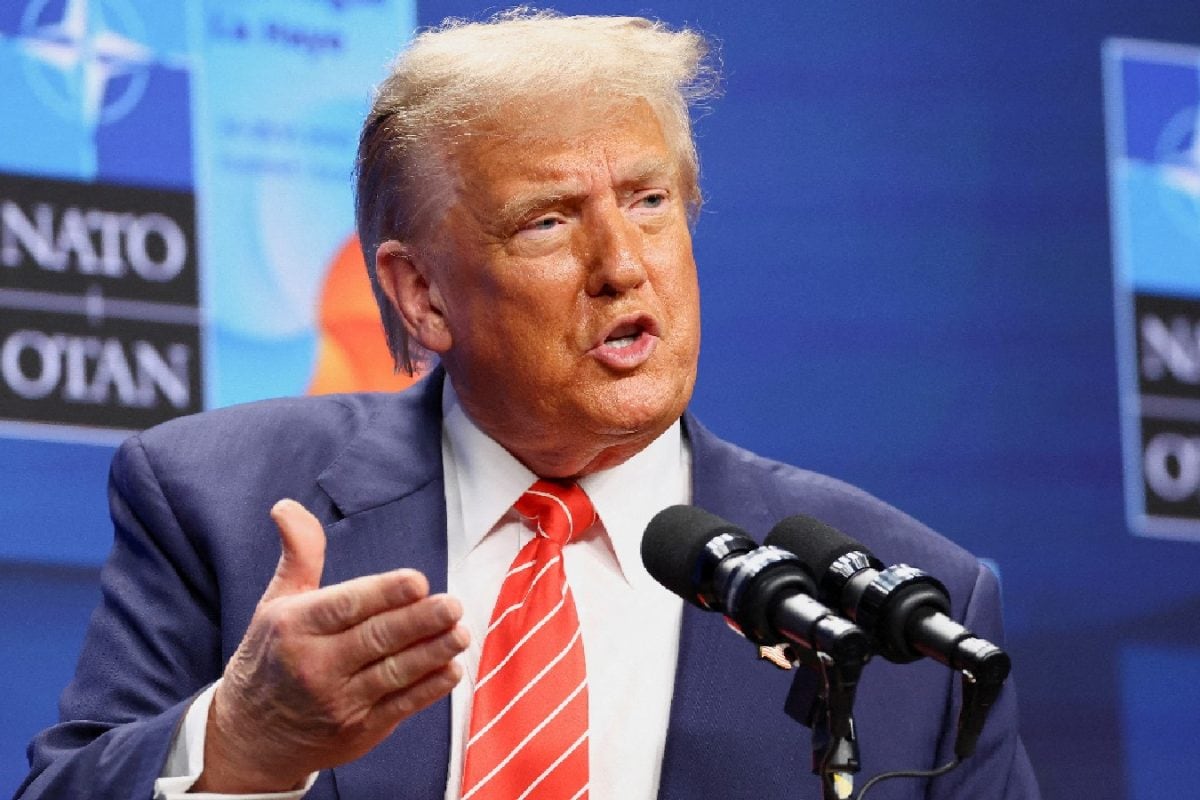As part of its efforts to reform the H-1B visa program, the Donald Trump administration in the United States is preparing to go beyond the proposed $100,000 mandatory fee by introducing additional immigration
restrictions on how employers use the visa and who is eligible to obtain it.
In its regulatory agenda to modify the H-1B visa category, the Department of Homeland Security has proposed a rule change.
The proposals, formally listed in the Federal Register under the title of ‘Reforming the H-1B Nonimmigrant Visa Classification Program’, include several technical aspects, like “revising eligibility for cap exemptions, providing greater scrutiny for employers that have violated programme requirements, and increasing oversight over third-party placements, among other provisions.”
“These changes are intended to improve the integrity of the H-1B nonimmigrant program and better protect US workers’ wages and working conditions,” the proposal said.
It remains unclear whether the Department of Homeland Security (DHS) intends to limit which employers and positions qualify for exemptions from the annual H-1B cap. However, any such change by the Trump administration could impact nonprofit research organisations, universities, and healthcare institutions that currently enjoy these exemptions, Newsweek reported.
The changes are expected to impact thousands of Indian students and young professionals hoping to work in the US.
According to the regulatory notice, December 2025 is a possible publication date for the rule.
Earlier reports indicated that the Trump administration was considering replacing the existing H-1B visa lottery with a selection system based on wage levels.
Importance Of H-1B Visa
The H-1B, a temporary visa category, is typically the only practical way for high-skilled foreign nationals, including Indians, to work in America long-term before eventually gaining permanent residence (a green card).
Created by the 1990 Immigration Act, H-1B visas are meant to allow American companies to bring in people with technical skills that are hard to find in the United States.
The H-1B visas are designed for temporary employment and not for individuals seeking permanent residency, though some later transition to other immigration categories.
The US government issues up to 65,000 H-1B visas annually, with an additional 20,000 reserved for applicants holding a master’s degree or higher from US universities. These visas are allocated through a lottery system, while certain employers, including universities and nonprofit organisations, are exempt from the cap.
According to a report by the Pew Research Centre, nearly three-quarters of those whose applications were approved in 2023 came from India.














